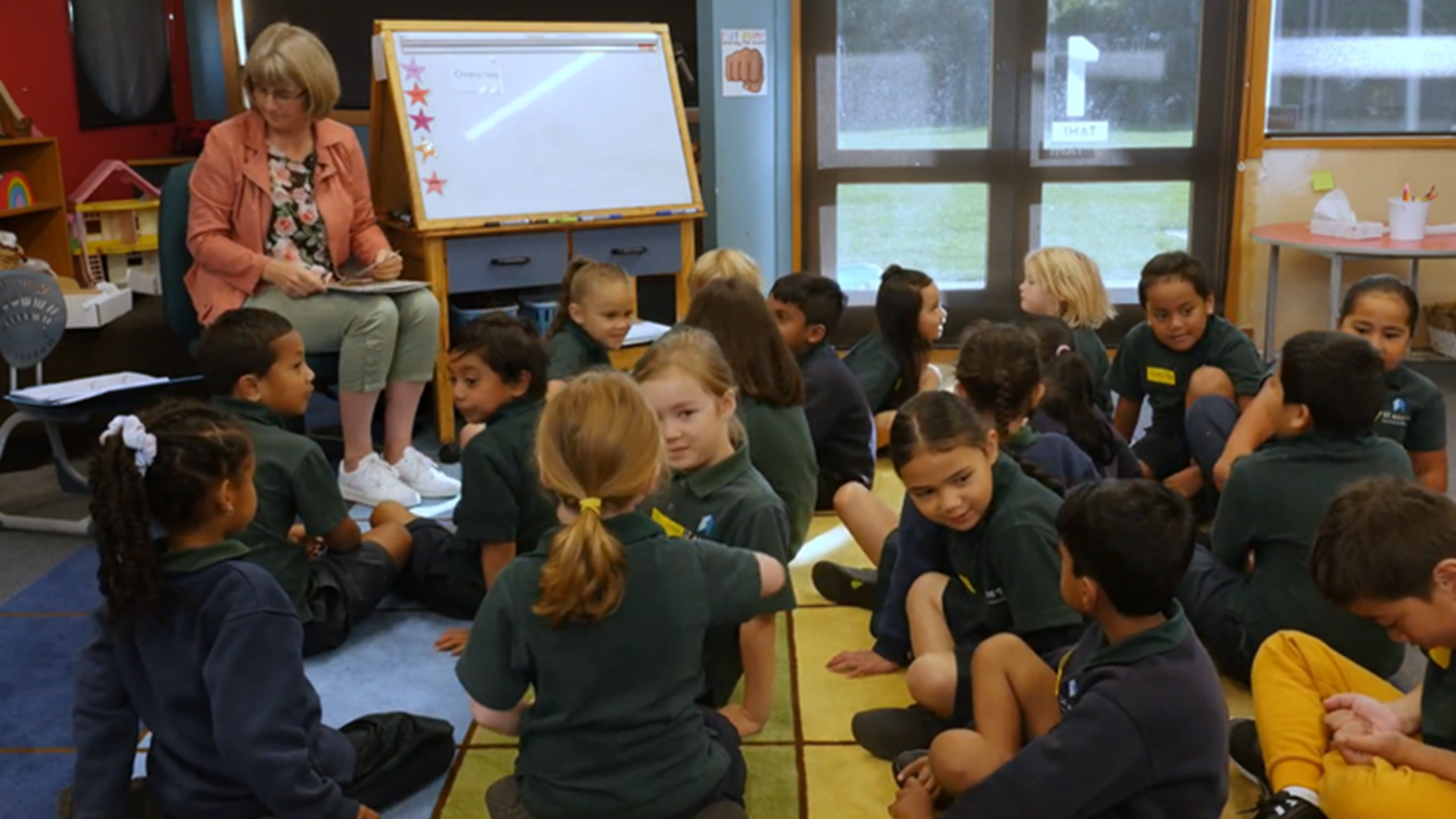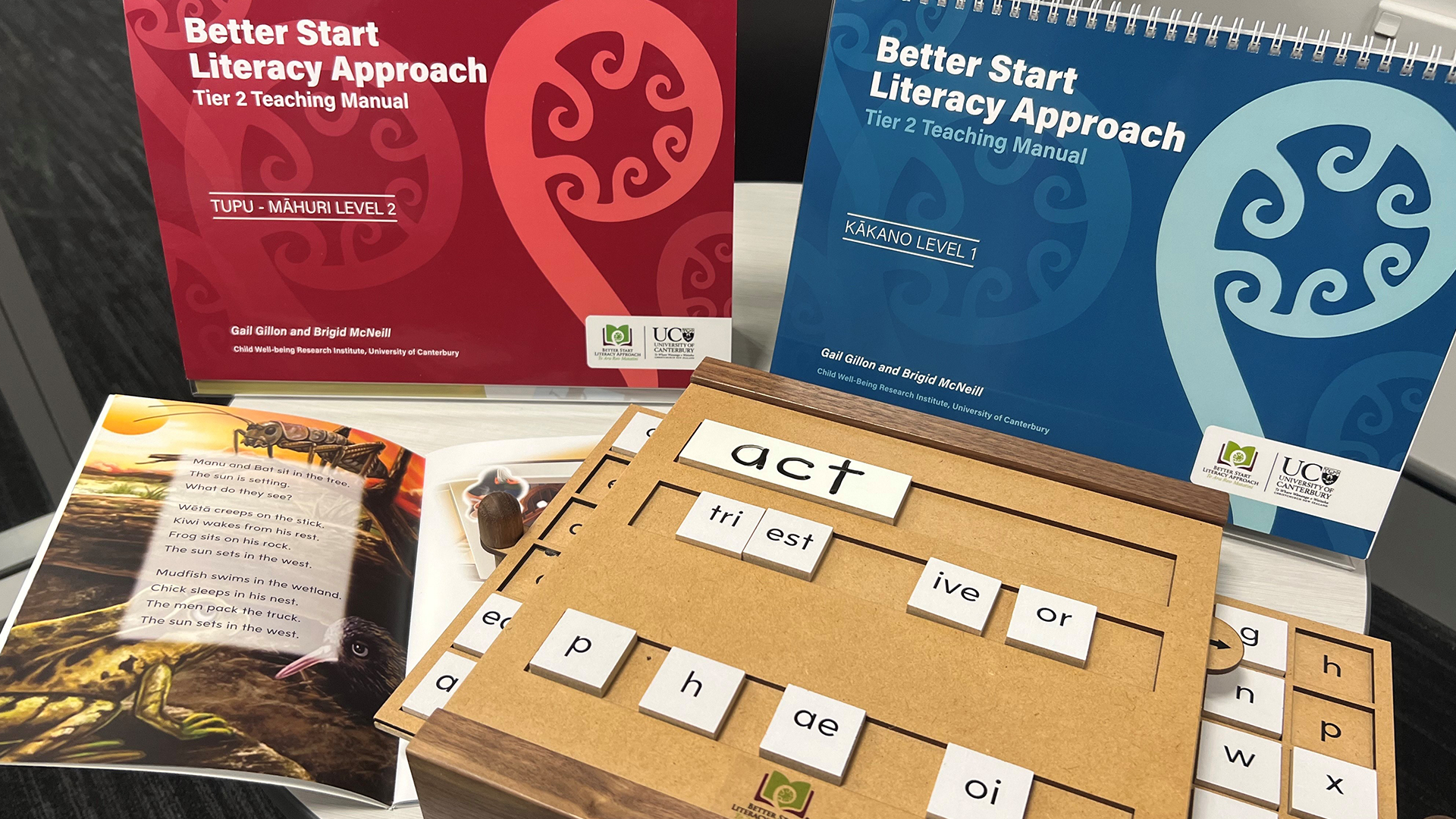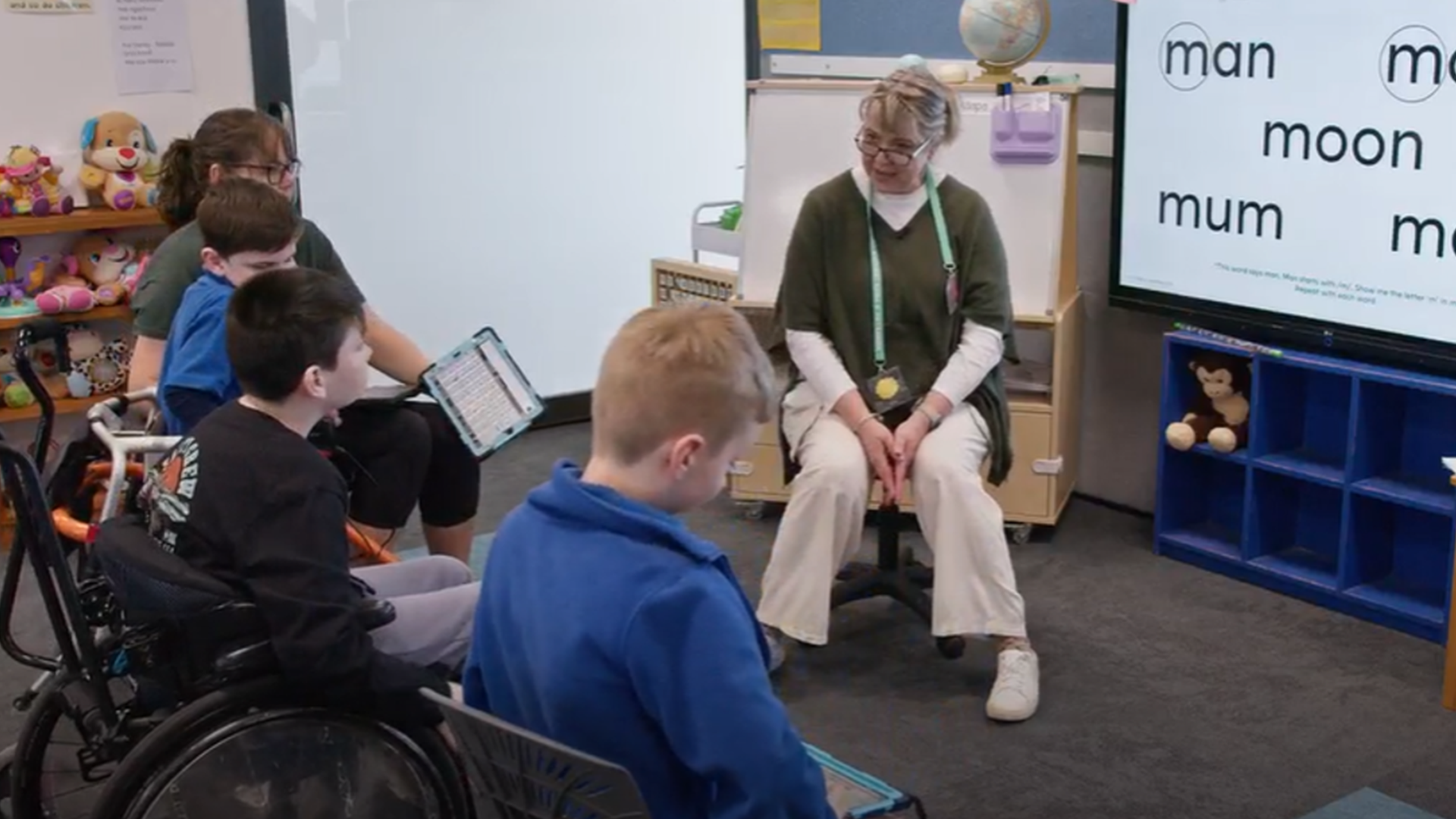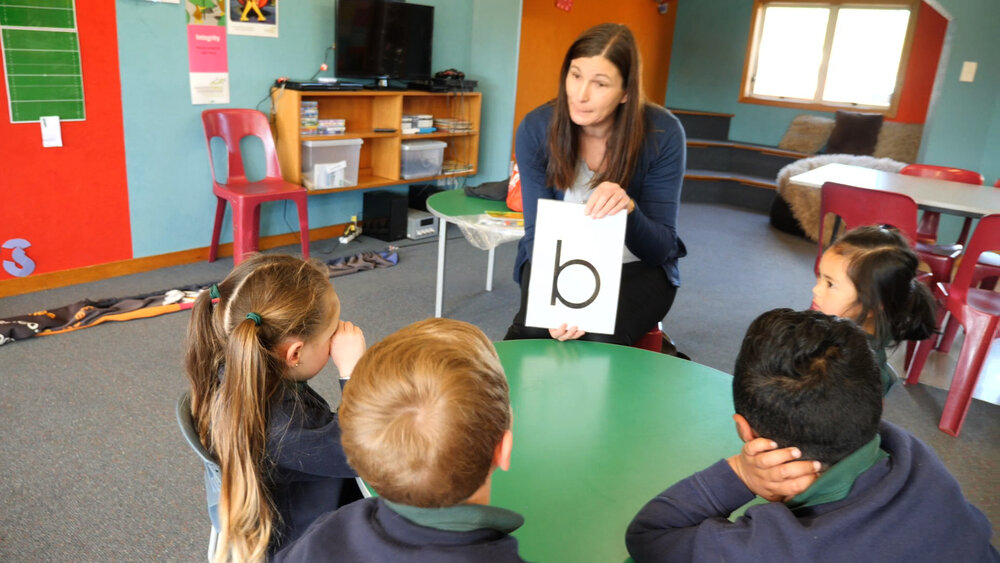Structured Literacy PLD - Years 0-8
We can add a description here
Targeted & Tailored PLD - Years 0-6
Professional Learning & Development suite
Overview
The Better Start Literacy Approach offers comprehensive professional learning opportunities tailored for teachers, teacher aides, and literacy leaders. Our structured literacy professional learning and development is designed to enhance teaching practices from Years 0 to 8, ensuring effective implementation of evidence-based literacy instruction.
For those new to BSLA, we provide a free online course, "A Better Start to Reading," which delves into foundational skills such as phonological awareness, print concepts, and vocabulary knowledge for children aged 4-6 years. This course is ideal for professionals and parents keen on supporting early reading development.
By engaging with our PLD programmes and resources, educators can confidently foster literacy success in young learners.
Our PLD Team
Professor Gail Gillon, Professor Brigid McNeill, international experts in key aspects of structured literacy teaching and Dr Amy Scott (expert in children’s oral language development) lead our highly experienced BSLA PLD team.
We are fortunate to have Associate Professor Sally Clendon (Massey University) contribute her expertise in adapting structured literacy teaching practices for children with complex communication needs.
We provide PLD based on latest research findings to support primary school teachers and literacy specialists implement structured literacy teaching with sustained high fidelity.


Evidence of effectiveness of our PLD
Through our successful delivery of the BSLA, we have gained unique insights into enhancing teachers’ knowledge, skills and teaching practices in ways that accelerate children’s literacy achievement. Our evidence from over 10,000 children across Aotearoa New Zealand is clear: On average, children who received BSLA teaching in their first year of school had significantly stronger reading, spelling and listening comprehension skills in Year 2 than children who received other types of literacy instruction in their first year at school.
We publish our data in scientific journals. Our data show that our PLD in structured literacy is effective in supporting teachers accelerate literacy learning in children from schools in higher and lower area of socio-economic deprivation, children from culturally and linguistically diverse backgrounds, Māori and Pacific learners, and children who are struggling in their foundation literacy skill development
PLD Delivery Details
Within the first school term of delivery, we will provide three full days of workshops and four communities of practice. We will provide a further four communities of practice over the next two school terms.
All participants enrolled in our PLD register for these workshops and communities of practice. We tailor PLD content and activities within our PLD sessions to accommodate differing areas of focus.
Our PLD model is a blended learning model. It involves opportunities for in-person regional workshops or online workshops. We provide online live support and collaboration via community of practice sessions. Our experienced regional PLD Educators support leaders and regional communities of practice. We also support teachers’ independent learning via high quality online course content.
Access to quality resources, lesson plans and assessments
During our structured literacy PLD course teachers will have access to our high quality online structured literacy teaching and assessment content. This includes lesson plans, teaching activities and access to an extensive range of high-quality video examples of structured literacy teaching within our New Zealand schools. Teachers will also have access to our BSLA assessment website, which includes a range of valid and reliable online structured literacy assessments that we have specifically designed for the New Zealand context. This website provides teachers with knowledge and skills in administering evidence based assessments to monitor the effectiveness of their structured literacy teaching.
We continue to advance our innovations in PLD and structured literacy teaching. Our latest development is a game-based app designed to support younger learners (5-8 years) acquire foundation phonic, phoneme awareness, word reading and spelling skills. Enrolment in our PLD provides teachers and literacy specialists with access to this latest innovation.
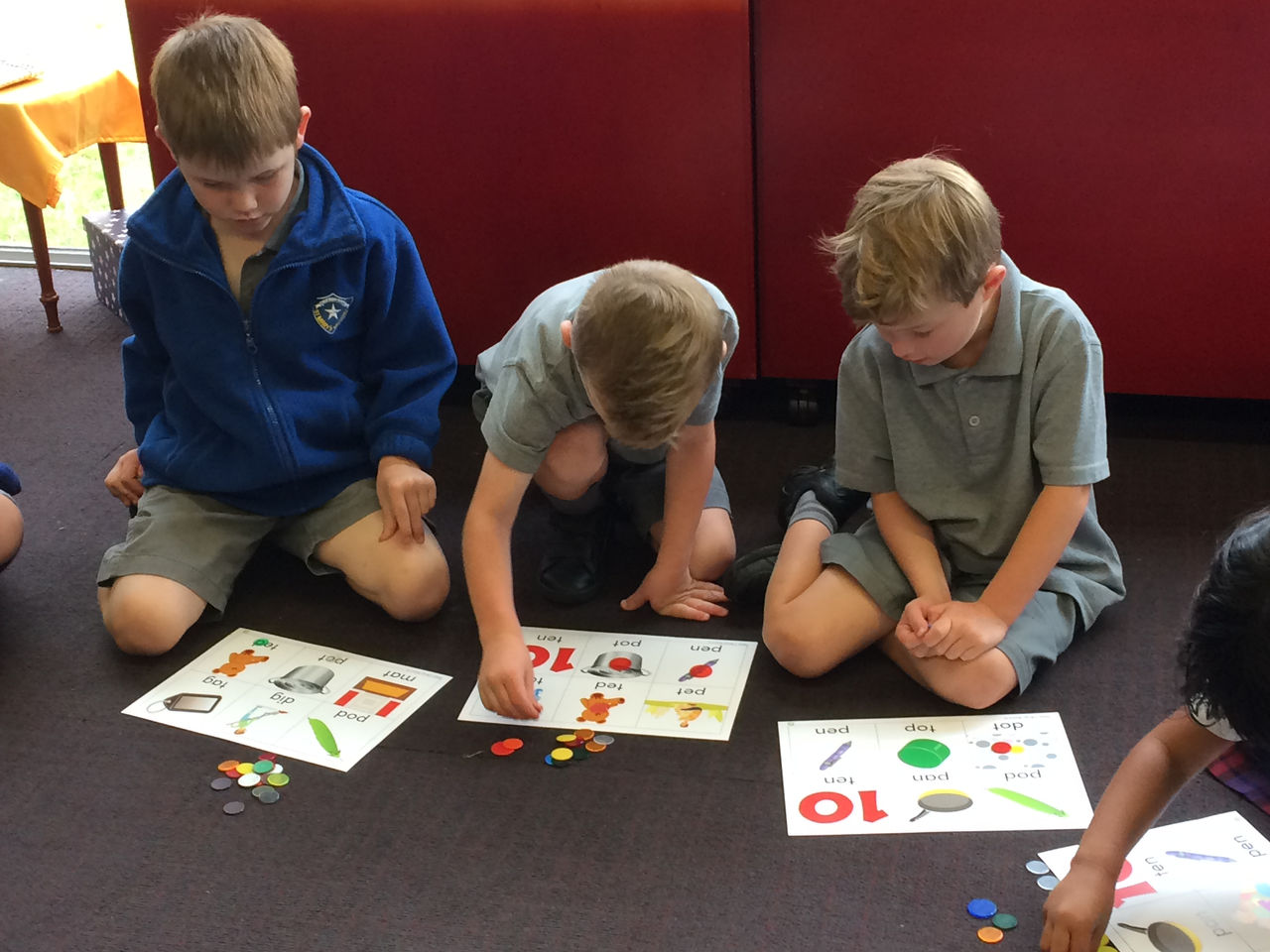

Structured Literacy Teaching Qualification
The successful completion of the course will lead to a certificate of proficiency in structured literacy (15 points at postgraduate level, approved by the University of Canterbury). These points can be used to contribute towards other postgraduate study in a related field, i.e., Postgraduate Certificate or Diploma in Education, or a Masters of Education.
PLD Course Requirements
These requirements meet Ministry of Education criteria for funding and University of Canterbury qualification requirements.
All participants are required to:
Attend 3 days of workshops and 8 communities of practice over three school terms.
Complete 2 online learning quizzes (related to PLD course content).
Complete pre and post PLD survey related to linguistic knowledge, skills and confidence in teaching using structured literacy teaching strategies.
Demonstrate ability to notice, identify and respond to students with literacy learning challenges.
Classroom teachers (either Years 0-3 or 4-8) will also be required to:
Implement at least 10 weeks of structured literacy class teaching with high fidelity over three school terms.
School literacy leadership or literacy support roles (Years 0-8) will also be required to:
Implement structured literacy leadership support within or across schools.


